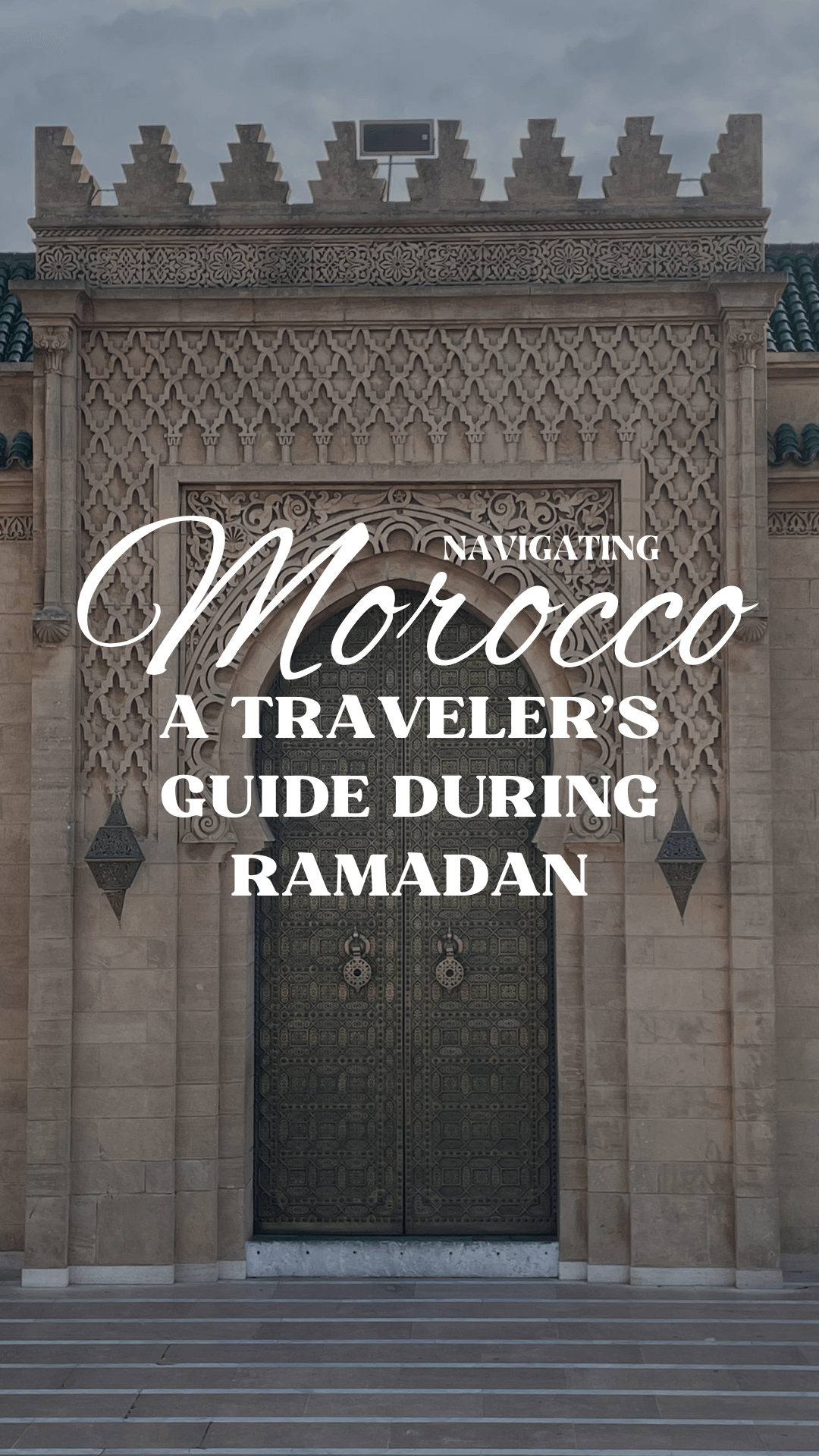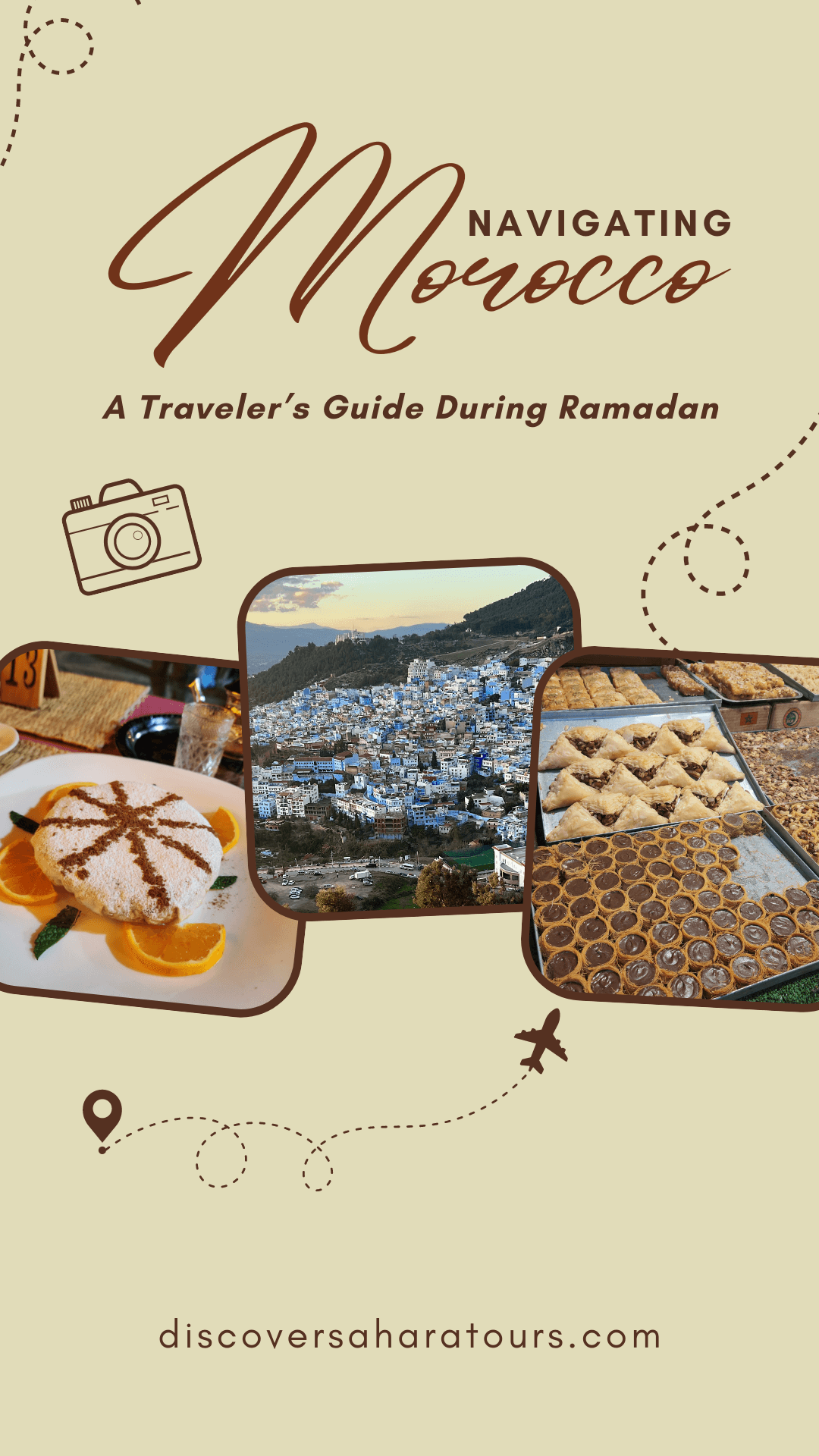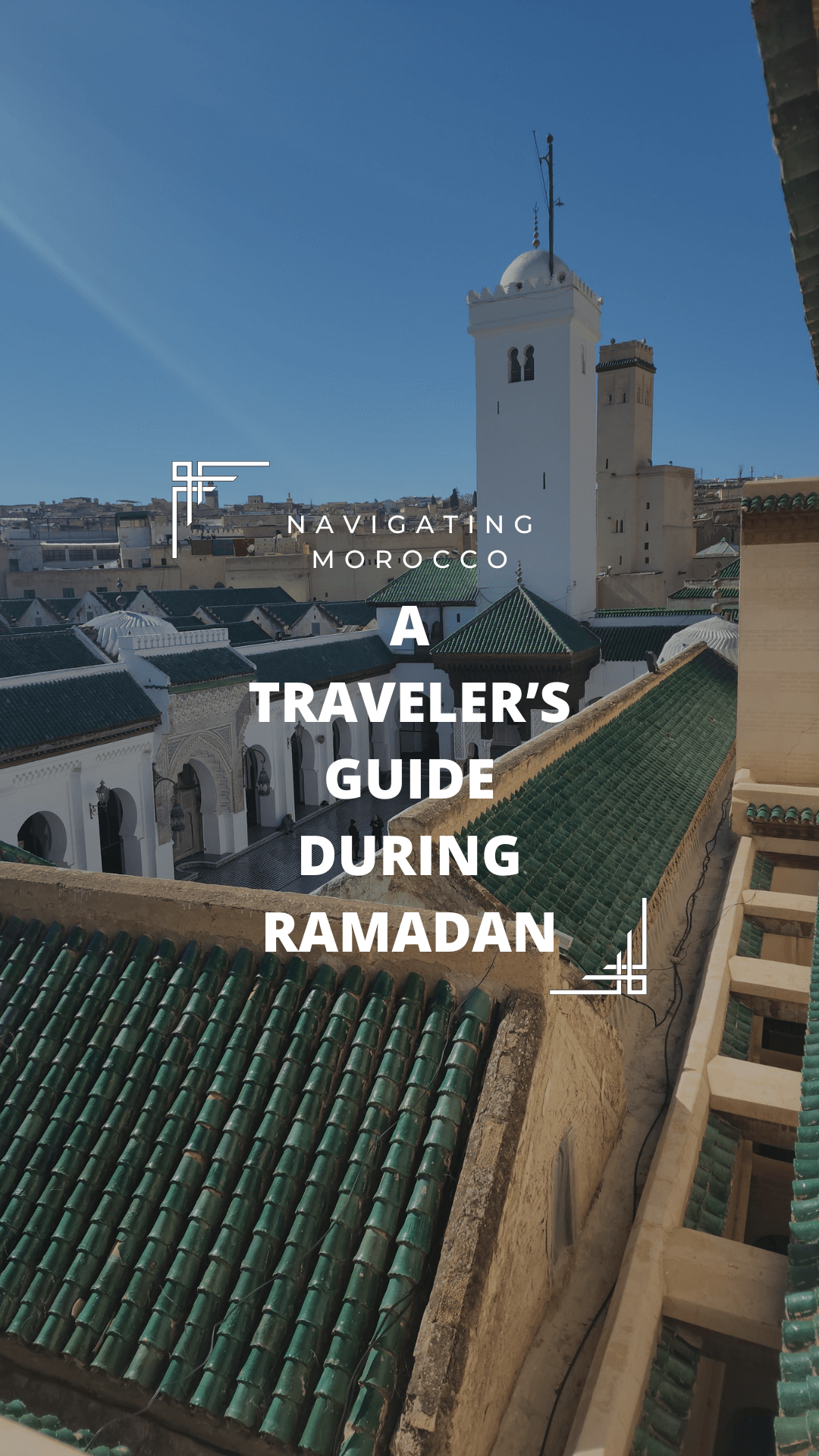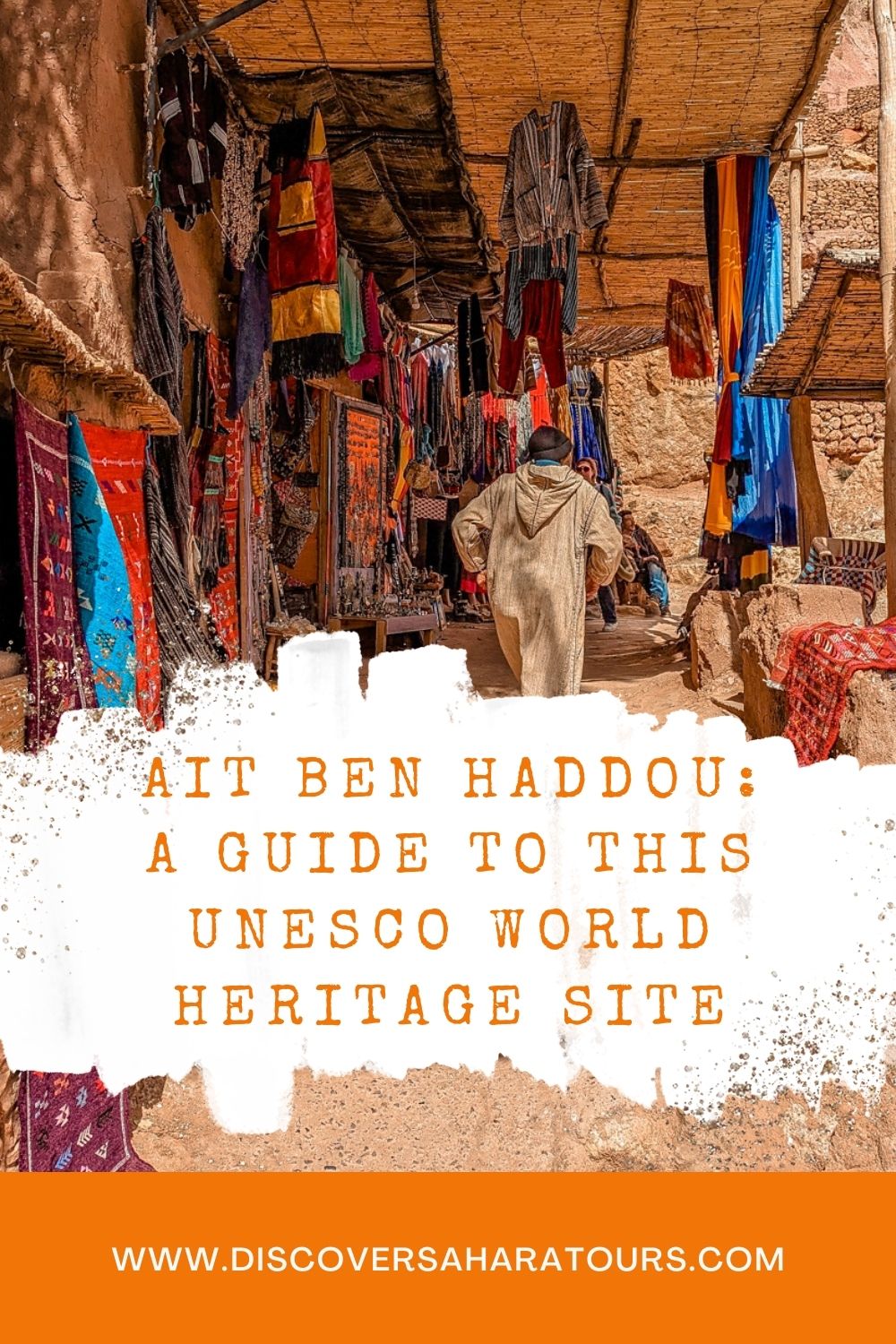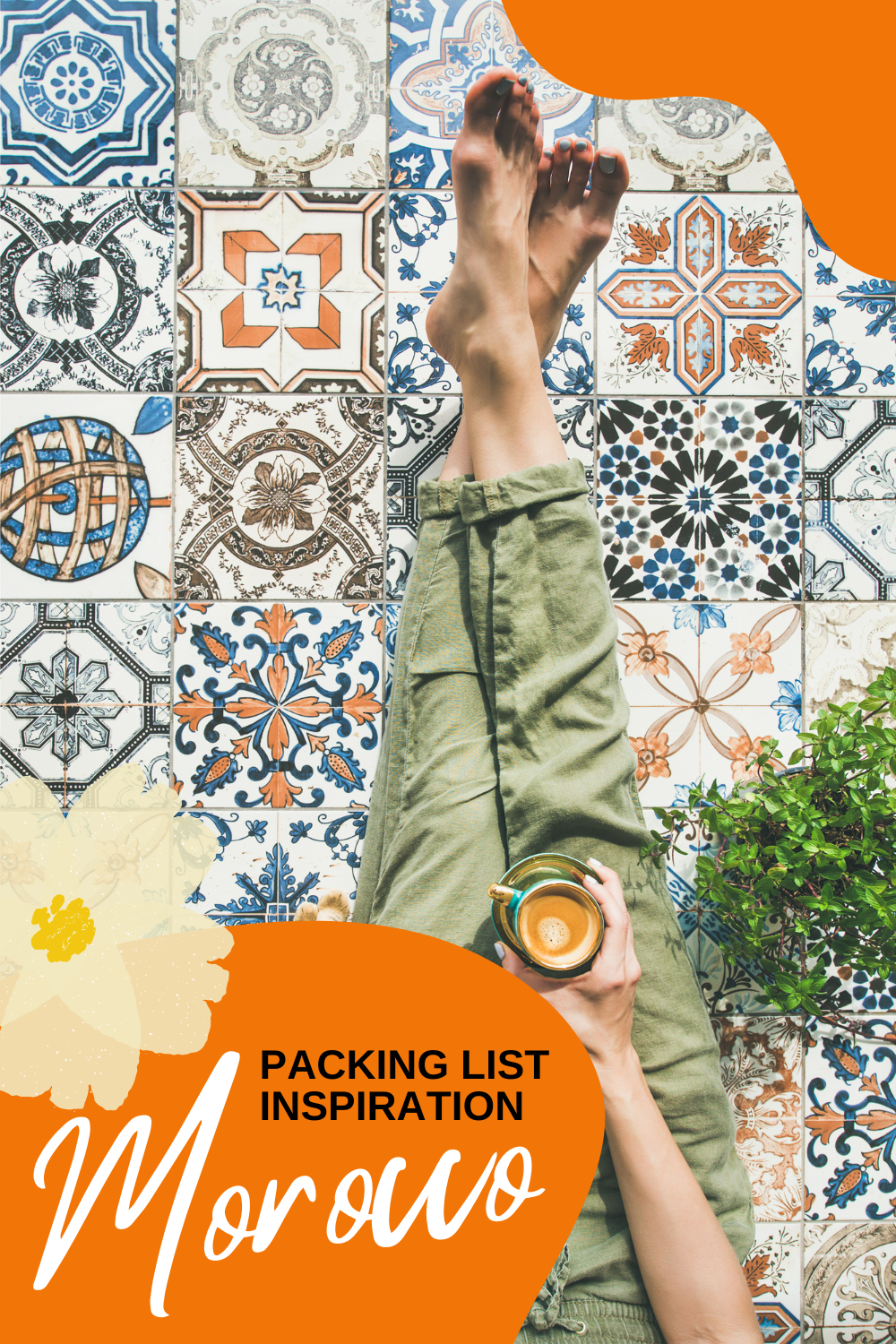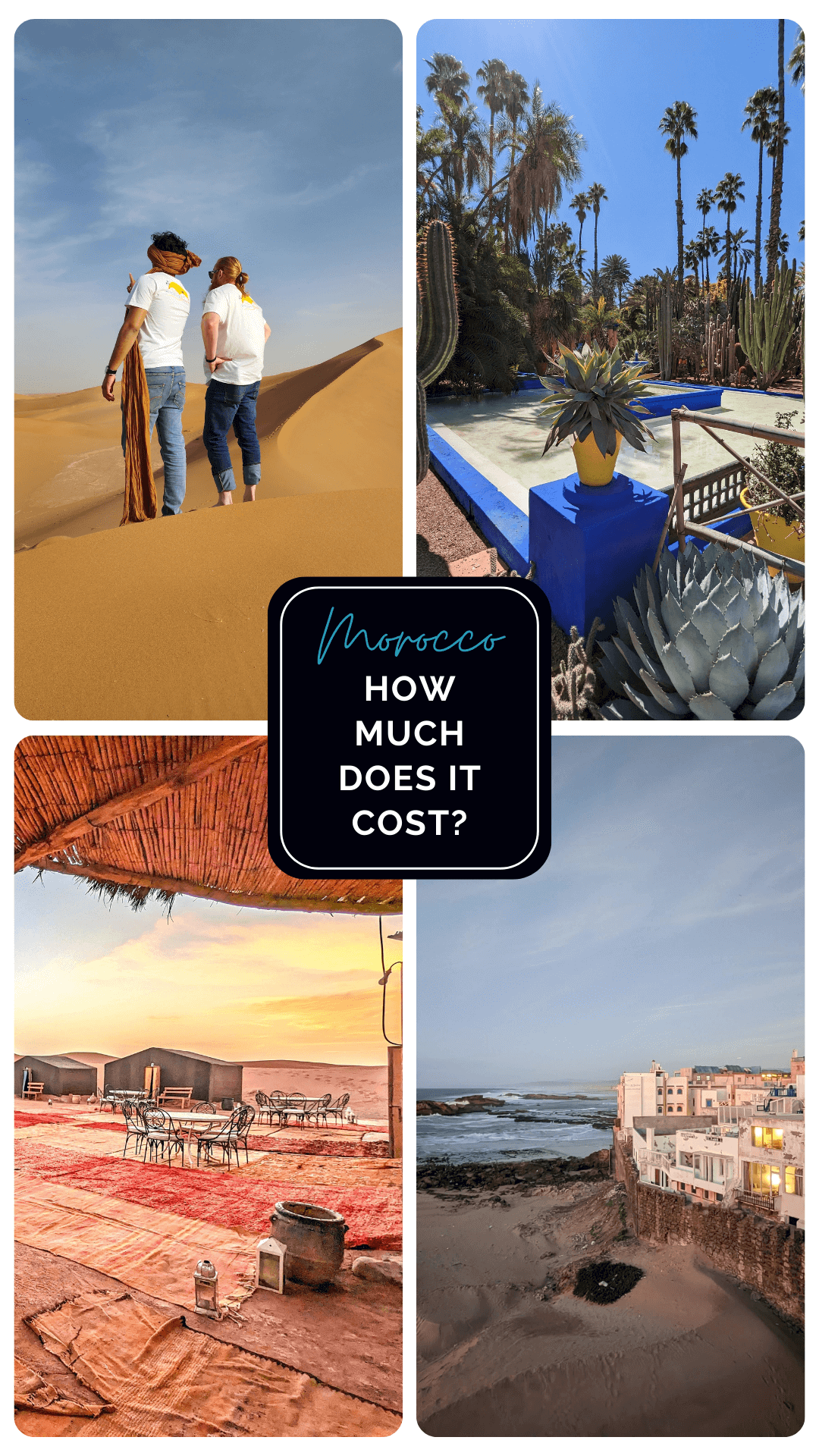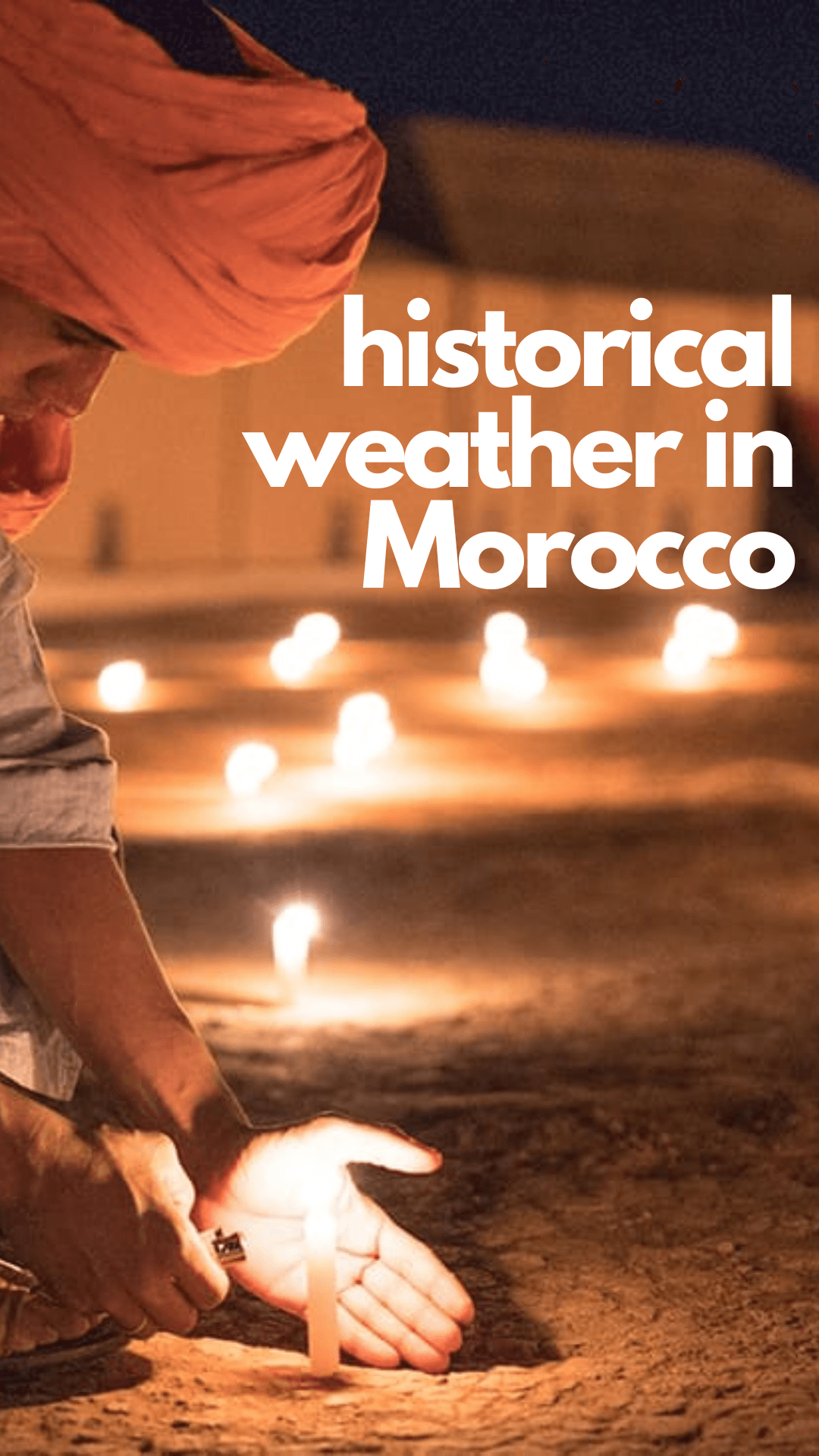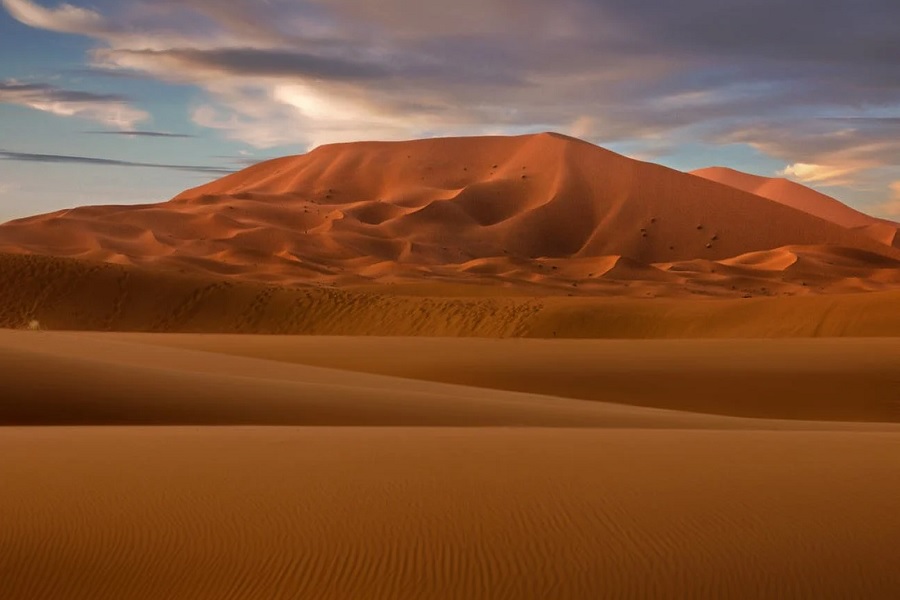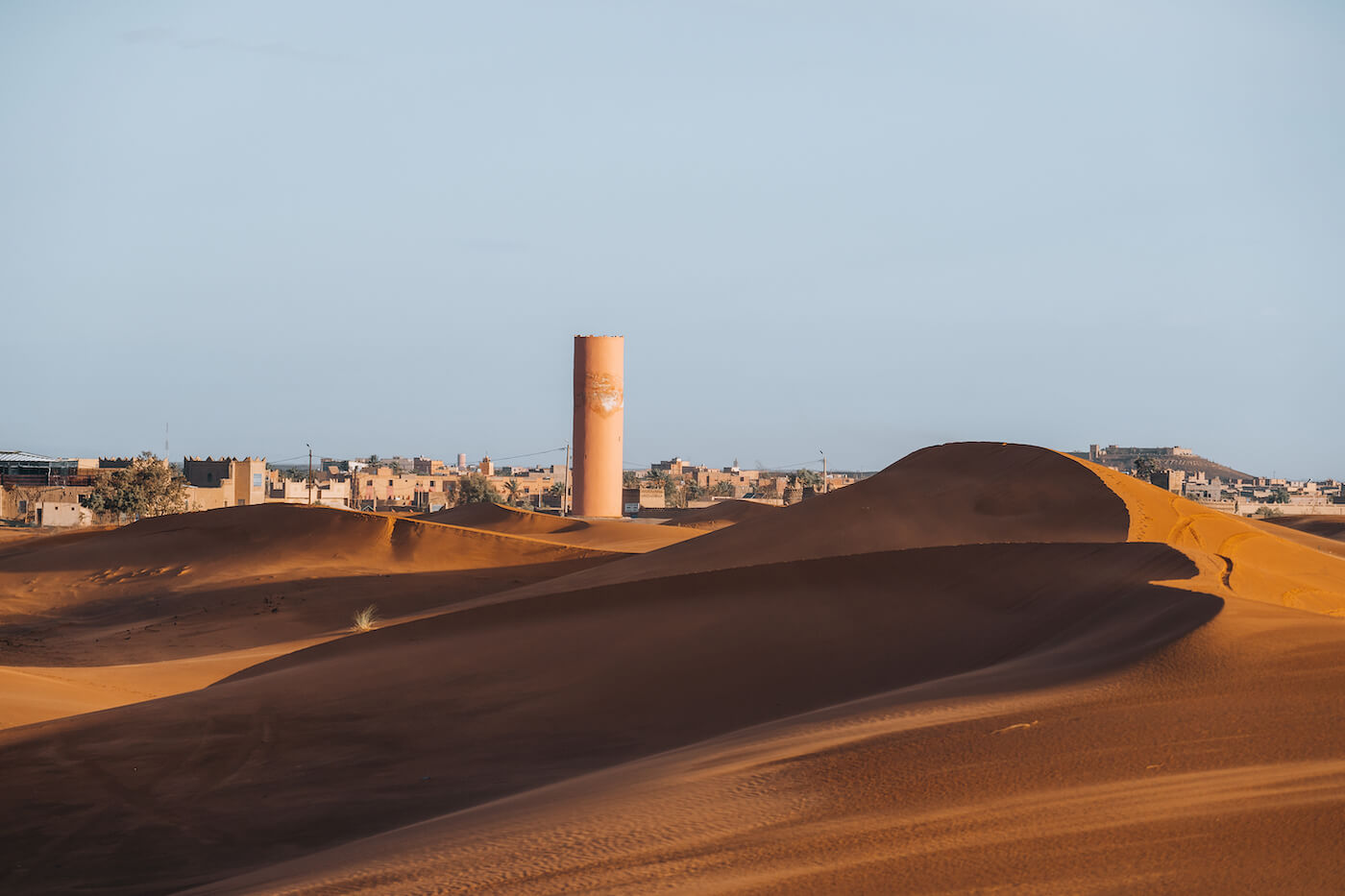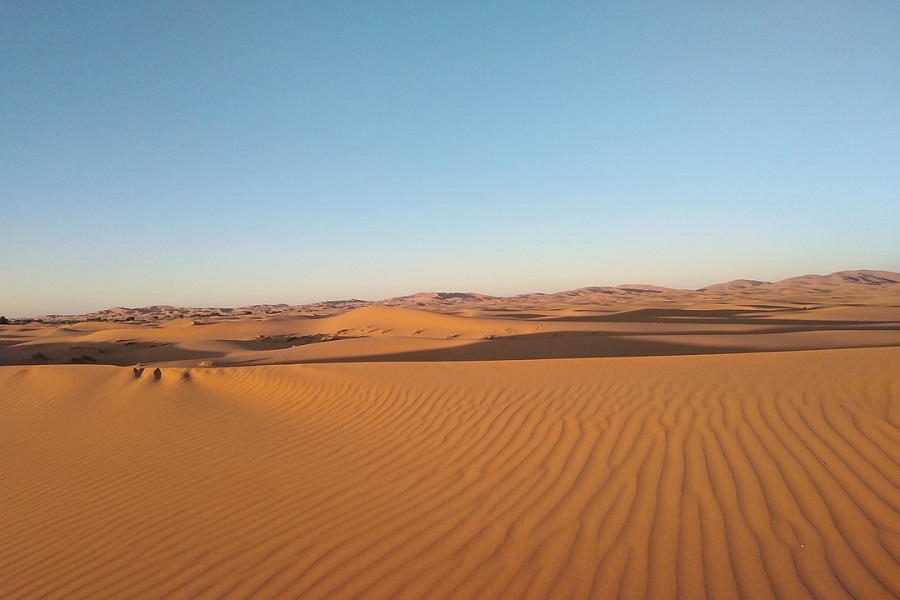Navigating Morocco: A Traveler’s Guide During Ramadan
Rich with ancient customs and alive with spiritual observance, Morocco turns into a picturesque, culturally vibrant land during the Islamic holy month of Ramadan. For those for whom travel is not just about seeing new landscapes but also understanding new cultures, traversing Morocco during Ramadan is an immersion into a world of faith, family, and fervor. Ramadan isn't just fasting from sunrise until sunset; it's a complete shift in the daily rhythm of life. However, for the uninitiated traveler, this change can sometimes present a maze of questions. How do you experience this month respectfully, all the while enjoying your trip to the fullest? We’ll guide you through.
Introduction: The Essence of Ramadan in Morocco
Imagine a country adorned in decorative lights, the melody of the call to prayer weaving through the air, and the aroma of foods that will remain untasted until dusk—if only one could spend one day, one sunset to sunrise in a family's home to savor the depth of this cultural experience. But, as a traveler, the boundaries of cultural immersion mean navigating the spirit of Ramadan with respect and understanding. This is not merely a change of timing for meals but a transformation in the energy of the entire country, each day climaxing in the euphoria of the 'iftar', the first meal after a day's fast.
Understanding Ramadan in Morocco
Ramadan is the ninth month of the Islamic lunar calendar when Muslims worldwide fast as an act of devotion and submission to Allah. In Morocco, the month holds even greater significance, as it becomes a time of communal gathering, prayer, and reflection. For travelers, this means a noticeable shift in daily life—markets and businesses may have altered hours, traffic and crowd patterns change dramatically, and cultural activities and events take on a more spiritual air.
Food and Beverage Availability During Ramadan
A major question on many travelers' minds is the availability of food and drink during the day. The answer is that food is not as elusive as you may imagine; tourist areas still offer meals, and many hotels and restaurants catering to visitors quietly serve those who do not observe the fast. Supermarkets and convenience stores may close for a few hours, but they all reopen before evening. However, it’s respectful to eat and drink discreetly in public areas during fasting hours.
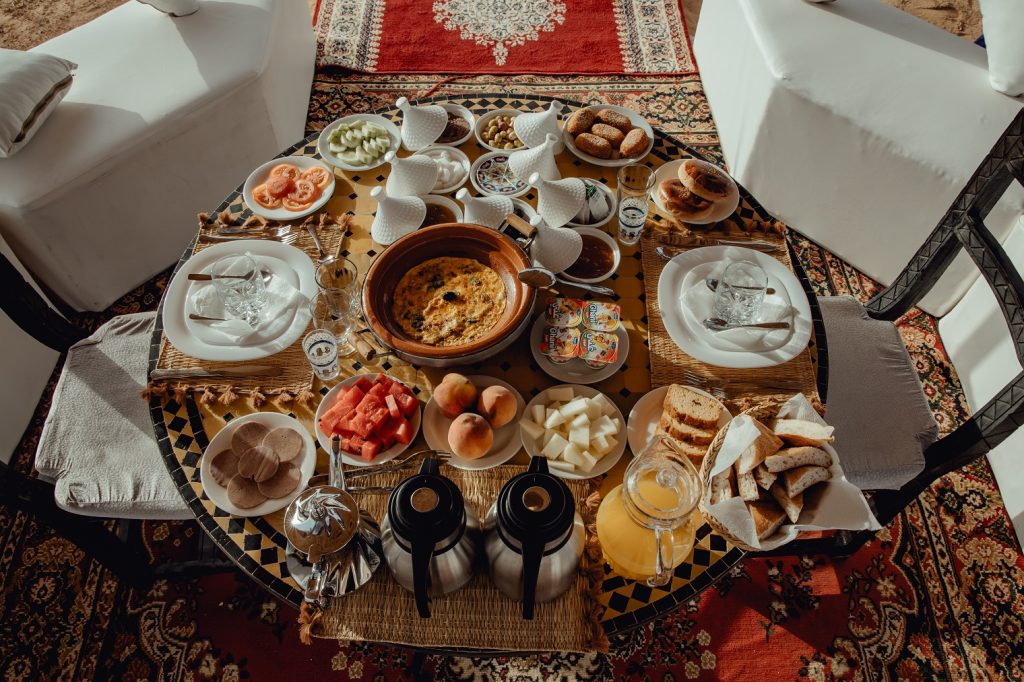
Alcohol Purchase and Consumption
One of the most conspicuous changes during Ramadan is the marked decrease in the sale and consumption of alcohol, though not a total dispensation. Major hotels and some restaurants frequented by tourists will still serve alcohol, albeit discreetly. You'll find that the atmosphere is more subdued, and there is a general consensus to only indulge in private spaces or designated bars.
Appropriate Dress Code During Ramadan
Morocco is a relatively conservative country year-round and even more so during Ramadan. Travelers should dress conservatively, with shoulders and knees covered, particularly when visiting religious sites or in more rural areas. The respect shown through attire is greatly appreciated and shared through a warm reception.
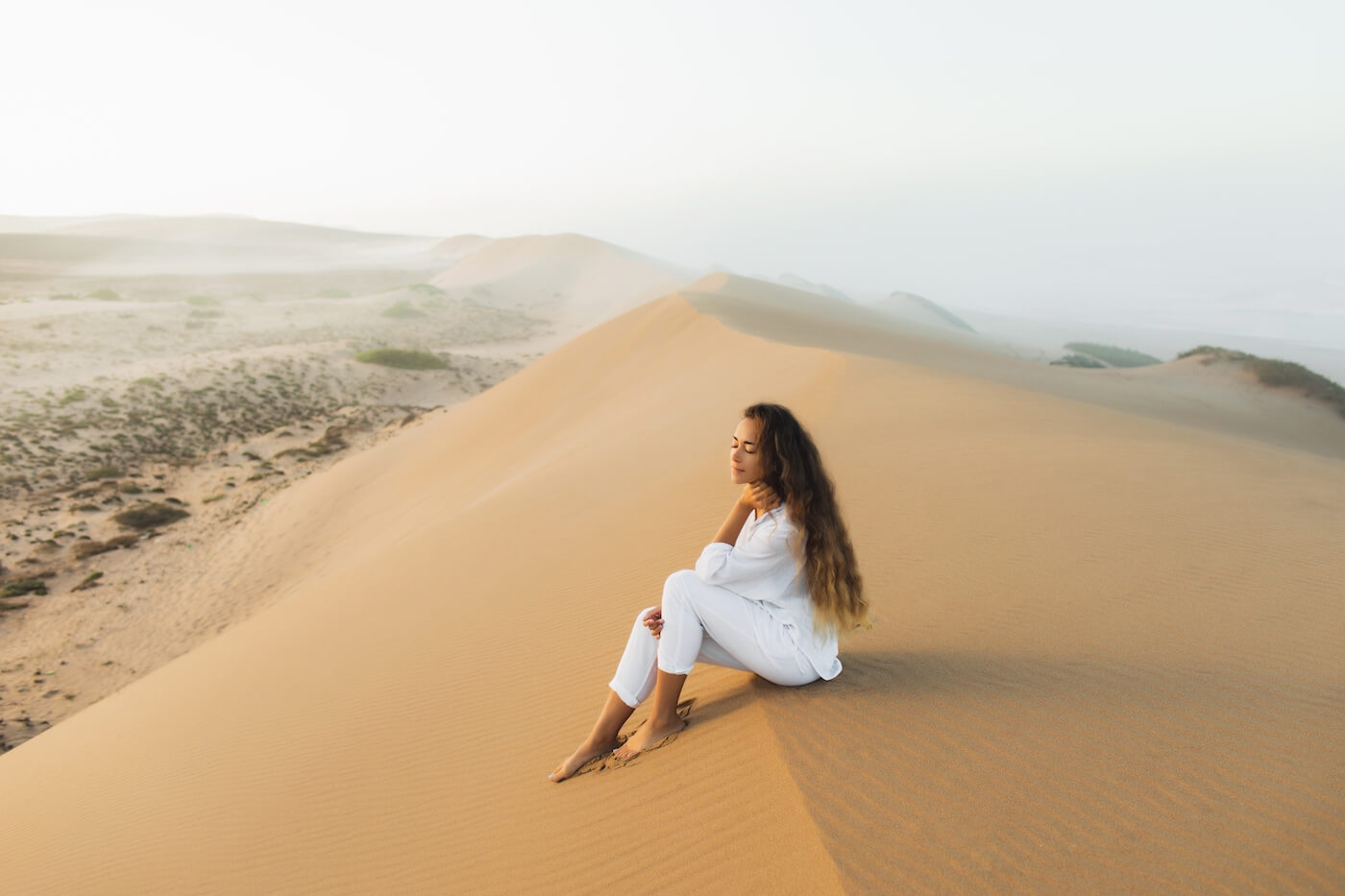
Respecting Local Culture and Ramadan Etiquette
Each sunset during Ramadan, the country comes alive with the breaking of the fast, but the daytime hours are observed with the dedicated solemnity to the ritual of the fast. It’s important for travelers to be mindful of speaking quietly, avoiding public displays of physical affection, and generally being more respectful of the quieter, restful atmosphere during the day.
Additional Tips for Traveling in Morocco During Ramadan
One of the joys of traveling through Morocco during Ramadan is the opportunity to participate in the charity feasts, or 'souks', where communities offer free meals to all. These events embody the spirit of the season and provide a wonderful way for tourists to engage with the local culture. Travelers should also be aware that public transportation schedules may change due to the anticipation of the iftar meal, so it's best to plan your day accordingly.
Must-Do's and Activities During Ramadan in Morocco
While some public activities may be curtailed during Ramadan, there are many experiences unique to the month that travelers can partake in. Nightly prayer gatherings, 'the harira', a traditional soup served at iftar, and even special Ramadan concerts and events are common in major cities. These experiences offer a window into the soul of Morocco during this sacred time.
Language and Communication Tips for Ramadan
Understanding a few phrases in Arabic can go a long way in showing respect and facilitating communication. Also, remember that patience is a virtue, especially with language barriers. Locals will appreciate your attempts to engage in their language and culture.
Some vocabulary in Darija, the local Moroccan dialect of Arabic, that is useful during Ramadan:
S7our: Name of the meal before sunrise
Ftour: Name of the meal just after sunset on a fasting day (it also means breakfast on normal days)
Ssyam: Fasting
Ana Saym: I am fasting (male)
Ana Sayma: I am fasting (female)
Ana Masaymch: I am not fasting (male)
Ana Masaymach: I am not fasting (female)
7rira: Soup (often found written as "harira")
Ramadan Kareem: a greeting that translates to "generous Ramadan"
Ramadan Mubarak: another greeting that translates to "blessed Ramadan"
Conclusion: A Travelers' Take on Ramadan in Morocco
Navigating Morocco during Ramadan is a beautiful, albeit delicately orchestrated affair. It’s a season for growth and introspection for both visitors and locals. Travelers are encouraged to participate in the pace of life, punctuated by calls to prayer and the communal spirit of the iftar, and to do so with grace and understanding. By approaching the month with an open heart and a respect for local customs, you not only enrich your own travel experience but bring a piece of Morocco, in all its glory and grace, back home with you.
Pin It: Save This Page for Later!
